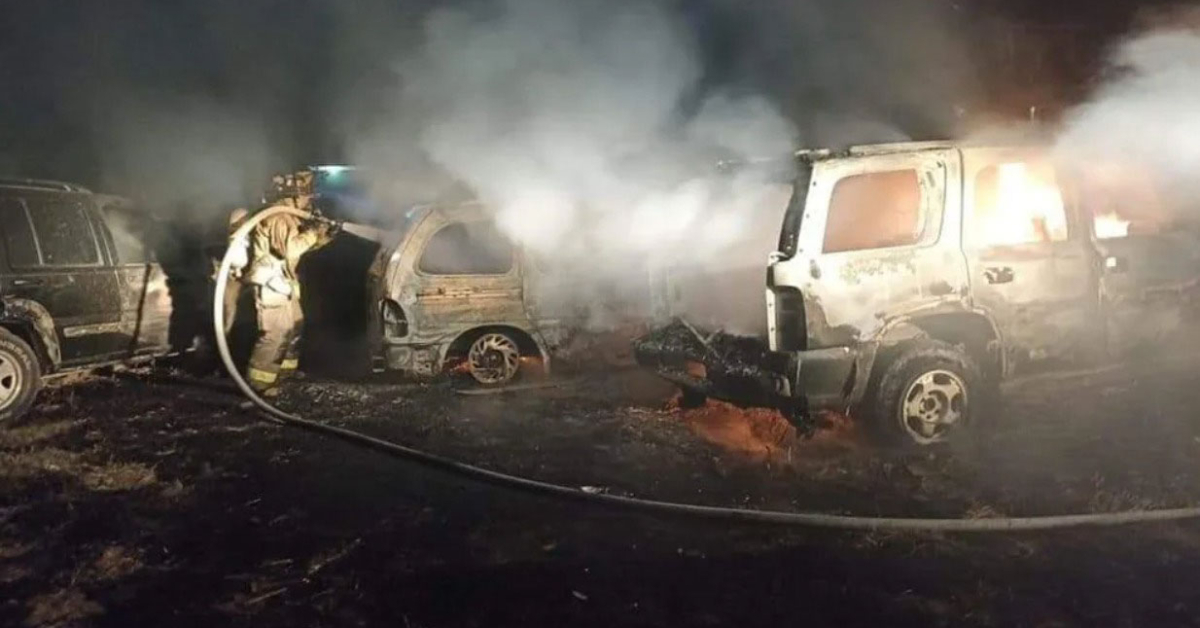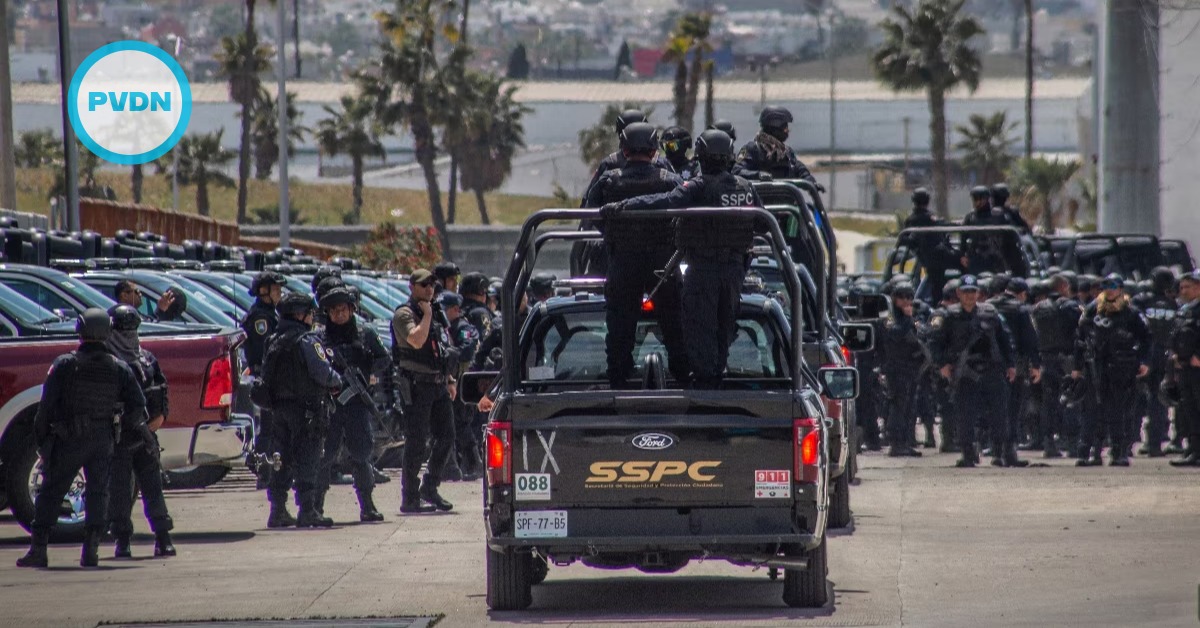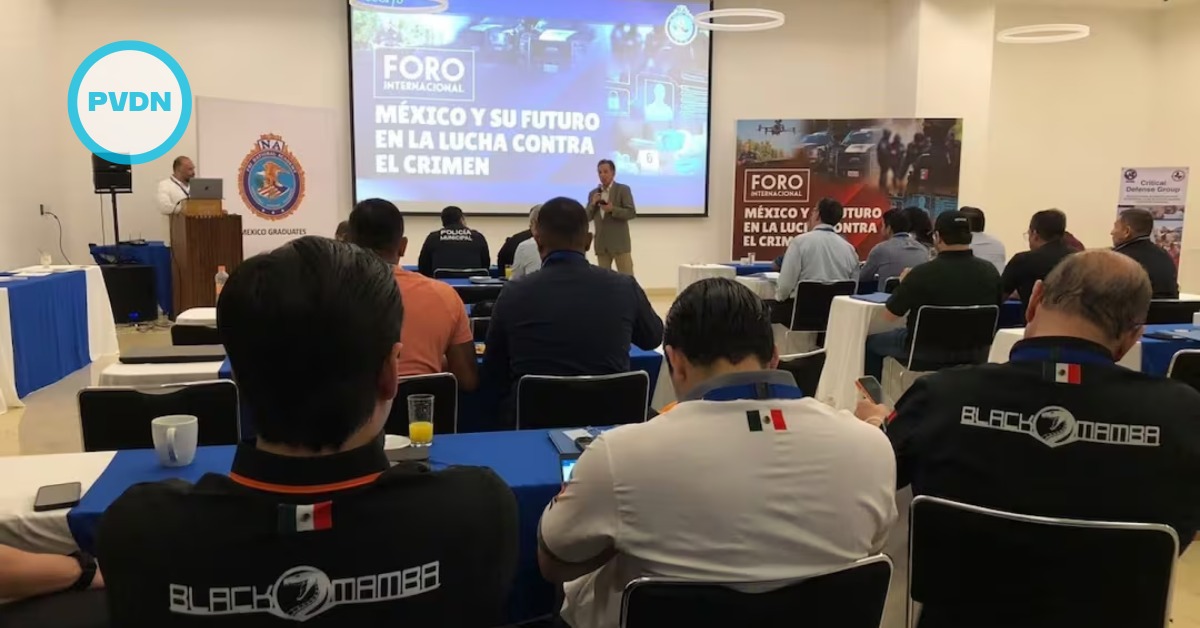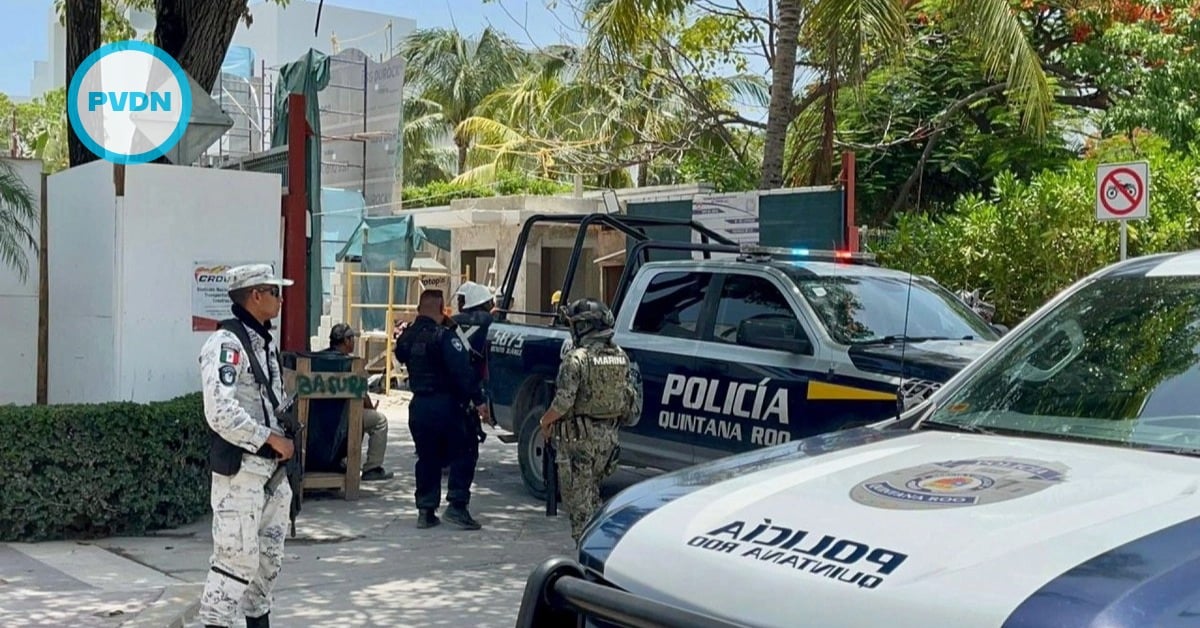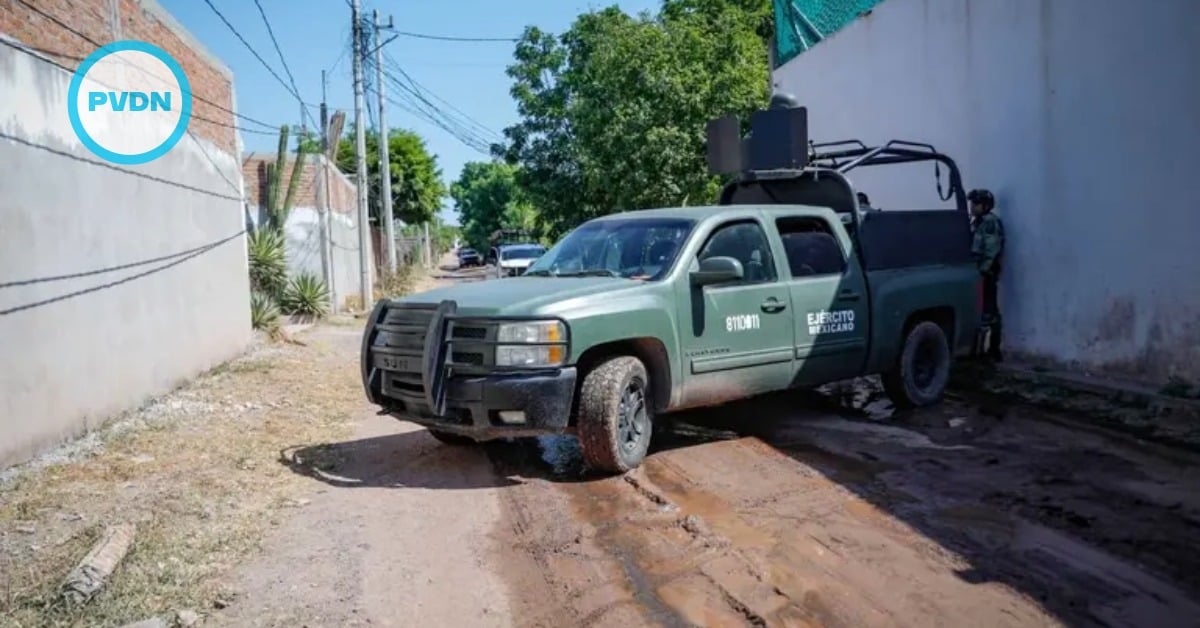Puerto Vallarta, Mexico - The recent decision by the United States and Canada to designate Mexican drug cartels as terrorist organizations marks a pivotal shift in regional security and diplomacy, posing complex challenges for Mexico. Initially proposed during the administration of former U.S. President Donald Trump, the designation aims to broaden legal measures against organized crime but has sparked significant concerns regarding national sovereignty, economic stability, and security cooperation.
